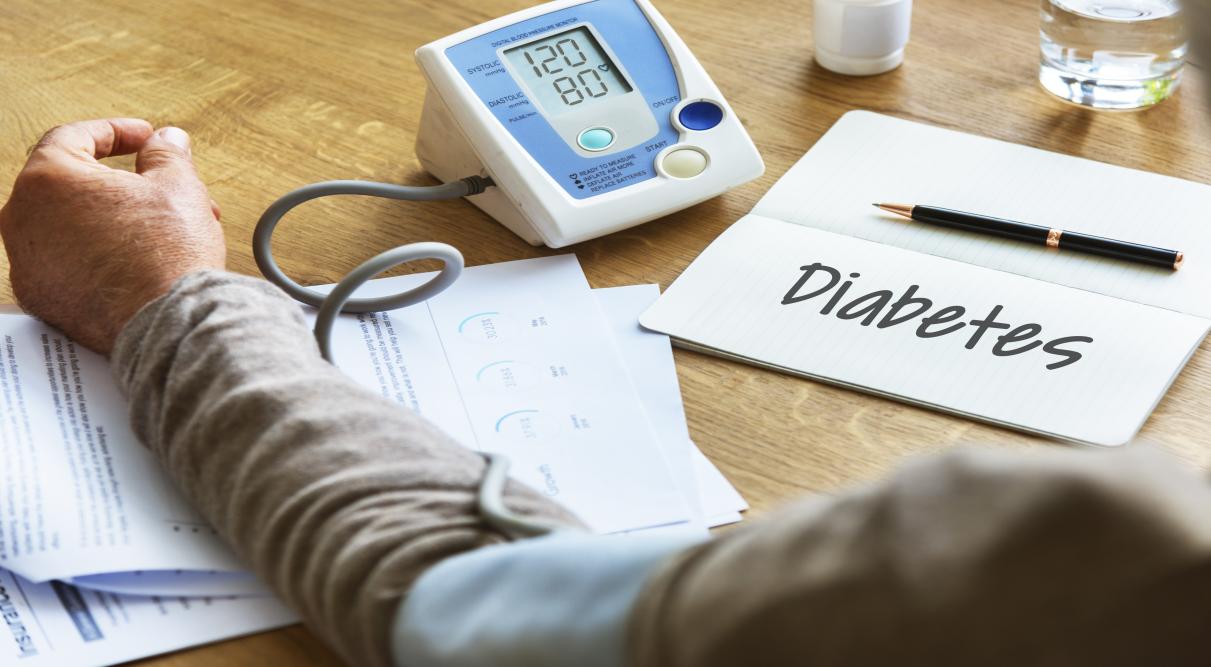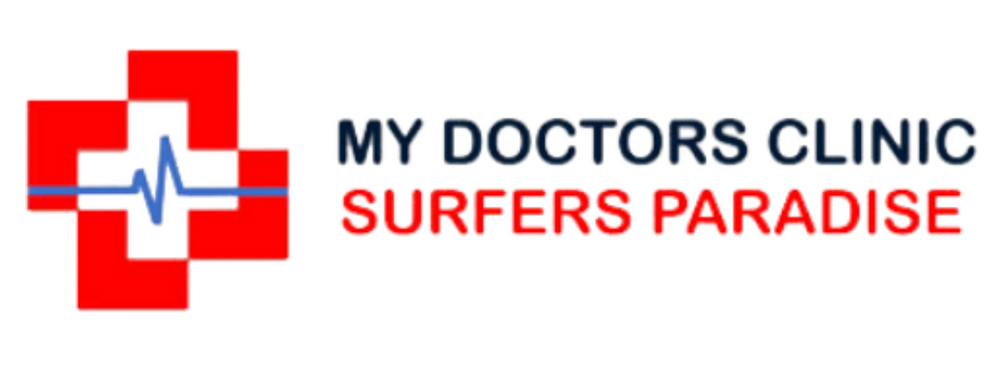Key Takeaways
- Fatigue, thirst, and frequent urination are early indicators
- Symptoms often develop gradually and may be overlooked
- Early diagnosis can prevent long-term complications
- Lifestyle changes and medical support are essential
- Regular check-ups make a significant difference
Understanding Type 2 Diabetes
- Type 2 Diabetes is a chronic condition in which the body either resists the effects of insulin or fails to produce sufficient insulin. Unlike Type 1 Diabetes, which typically appears in childhood, Type 2 can develop at any stage of life, though it is more prevalent in adults over 45.
- According to the Australian Institute of Health and Welfare, more than 1.3 million Australians live with diabetes, with Type 2 being the most widespread form. The actual figure is likely higher due to a significant number of undiagnosed cases.
Silent Onset: What Makes Type 2 Diabetes Tricky
One of the primary challenges of Type 2 Diabetes is its gradual and subtle development. The early symptoms often seem minor or are mistaken for unrelated health issues. As a result, many individuals unknowingly live with the condition for years before it is properly diagnosed.
Common Early Symptoms Include:
- Persistent thirst: A frequent and unquenchable feeling of thirst, even after drinking fluids, may indicate rising blood glucose levels.
- Increased urination, especially at night: Needing to urinate more often than usual, particularly during the night, is a common sign of excess sugar in the bloodstream.
- Unexplained fatigue or low energy: Feeling constantly tired or lacking energy, even after rest, can result from the body’s reduced ability to use glucose for fuel.
- Slow-healing wounds: Cuts, sores, or infections that take a long time to heal may be due to impaired blood circulation and immune function.
- Blurred vision: Sudden or fluctuating changes in eyesight can occur when high blood sugar affects the lenses of the eyes.
- Recurrent infections, including skin and urinary tract infections: Frequent infections may signal a weakened immune response, commonly associated with elevated blood sugar.
- Tingling or numbness in hands and feet: Nerve damage caused by long-term high blood sugar can result in sensations of numbness, tingling, or burning in the extremities.
Though these signs may seem unrelated, many stem from chronically high glucose levels and should prompt timely medical review.
Risk Factors Not to Ignore
Various genetic, behavioural, and metabolic factors contribute to the likelihood of developing Type 2 Diabetes. The following risk factors are especially relevant:
- Family history of diabetes: Having one or more close relatives with diabetes increases the likelihood of developing the condition.
- Being overweight or obese: Excess body weight, particularly around the abdomen, can affect insulin sensitivity and glucose regulation.
- Sedentary lifestyle: Limited physical activity reduces the body’s ability to manage blood sugar and contributes to weight gain and other metabolic issues.
- High blood pressure or elevated cholesterol: Cardiovascular risk factors such as high blood pressure and elevated cholesterol levels are closely linked to insulin resistance.
- History of gestational diabetes: Women who experienced gestational diabetes during pregnancy face an increased risk of developing Type 2 Diabetes later in life.
- Age over 45, especially with other health concerns: The risk increases with age, especially when combined with other medical or lifestyle-related factors.
Routine health screenings and preventive care are essential for identifying risks early and taking appropriate action.
Diagnostic Process
Diagnosis involves a series of blood tests that evaluate glucose levels and how the body manages sugar over time:
- Fasting Blood Glucose Test: This test measures blood sugar levels after an overnight fast, providing insight into baseline glucose regulation.
- Hemoglobin A1c Test: The HbA1c blood test reflects average blood sugar levels over the past two to three months, offering a long-term view of glucose control.
- Oral Glucose Tolerance Test (OGTT): This test assesses how the body responds to a measured glucose intake over a specific time, typically two hours.
These diagnostic methods are widely available at general practice clinics and are fundamental to early detection and monitoring.
Steps to Take After a Diagnosis
1. Lifestyle Modification
Adjustments to daily habits form the foundation of diabetes management. This includes adopting a balanced, low-GI diet, ensuring regular meal timing, staying hydrated, and incorporating physical activity such as walking, swimming, or cycling into the weekly routine. These lifestyle changes help regulate blood sugar and support long-term health.
2. Medication Management
In some cases, medical professionals may recommend oral medications or insulin therapy to help control blood sugar levels. Treatment plans vary depending on individual needs and may require periodic adjustments based on results and health status.
3. Routine Monitoring
Ongoing self-monitoring of blood glucose is vital. Using a glucometer at home and attending scheduled reviews at medical facilities allows for proactive adjustments in diet, activity, and medication as needed.
Long-Term Implications If Left Untreated
Without early action and appropriate treatment, Type 2 Diabetes can lead to serious, potentially life-threatening complications:
- Cardiovascular disease: Increased risk of heart attacks, stroke, and high blood pressure due to blood vessel damage.
- Kidney damage (nephropathy): Prolonged high glucose levels can impair kidney function, potentially leading to kidney failure.
- Vision impairment (retinopathy): Damage to the blood vessels in the retina can result in blurred vision or even permanent vision loss.
- Nerve damage (neuropathy): Tingling, pain, or loss of sensation in the hands and feet is caused by prolonged nerve damage.
- Foot ulcers and possible amputations: Poor circulation and reduced healing can result in ulcers, infections, and in severe cases, amputation.
These complications are often preventable with consistent blood sugar control and regular health evaluations.
Prevention Is Possible
Even for those at risk, preventive strategies can greatly reduce the chance of developing Type 2 Diabetes. Key actions include:
- Engaging in regular physical activity: Aim for at least 30 minutes of moderate exercise most days of the week to improve insulin sensitivity and manage weight.
- Maintaining a balanced diet: Choosing whole foods, limiting refined sugars, and avoiding excessive saturated fats supports metabolic health.
- Managing body weight: Achieving and maintaining a healthy weight reduces the strain on the body’s ability to regulate blood sugar.
- Attending yearly check-ups with a healthcare provider: Annual health assessments allow for early detection of blood sugar abnormalities and other risk factors.
Preventive consultations and lifestyle guidance are accessible through a wide range of primary healthcare services.
When to Seek Help
The presence of symptoms or known risk factors warrants immediate professional attention. A thorough health check, even in the absence of prominent signs, can uncover early-stage concerns. Comprehensive assessments are often available alongside other general health services, such as skin checks and cardiovascular screening.
Conclusion
Early detection of Type 2 Diabetes can reshape long-term health. At My Doctors Clinic Surfers Paradise, we offer comprehensive services, personalised treatment plans, and ongoing support. If any symptoms or risk factors apply, don’t delay. Schedule a consultation today and take a proactive step toward better health.
FAQs


